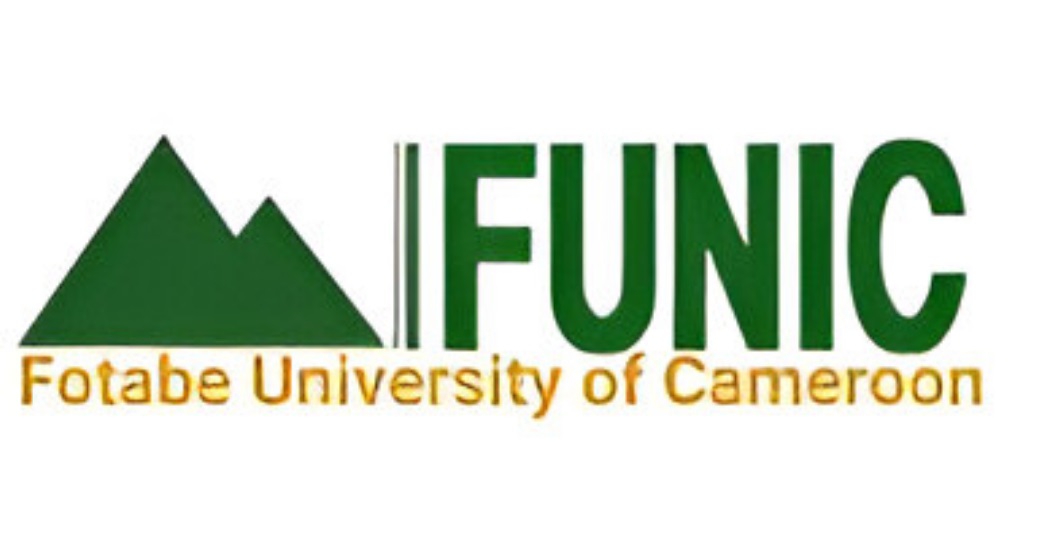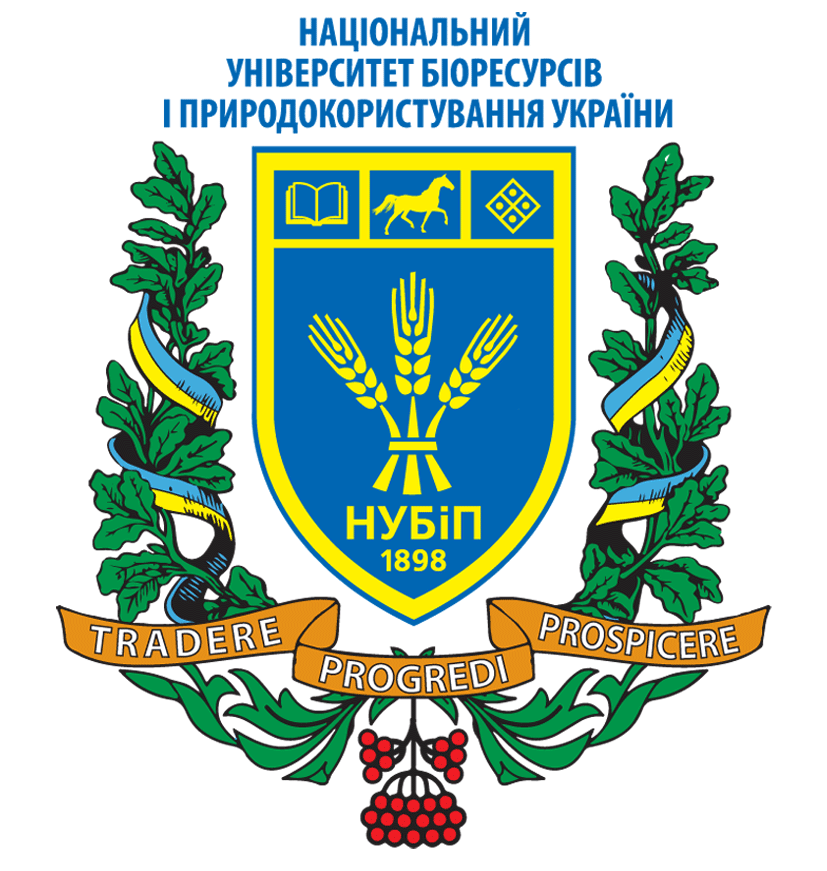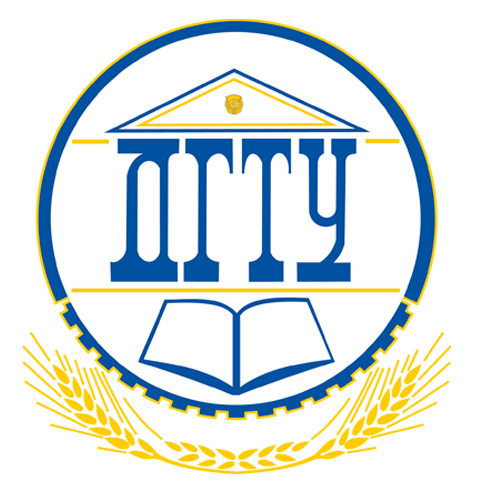The impact of social media use on students’ behaviour change in Tanzanian tertiary institutions
DOI:
https://doi.org/10.51867/AQSSR.2.4.5Keywords:
Behaviour Change, Social Media Use, Students, Tertiary Education InstitutionsAbstract
Technological advancements worldwide have led to the rise of social media as a tool for learning and social interaction across gender and age groups, often through YouTube, Twitter, Instagram, Facebook, and LinkedIn. However, little is known about how it impacts students’ behaviour change in tertiary institutions. Therefore, this study examined the use of social media on students’ behaviour change in tertiary institutions. It was. Guided by the equation Theory. The theory suggests how people treat computers, television, and new media like real people and places. The theory was significant in this study because the effects of treating social media as real people determine the effects of social media on students’ behaviour through their daily interactions with such platforms. Using a sample of 398 students across 10 tertiary institutions in Dar es Salaam. Data were collected through online questionnaires, follow-up interviews, and observation. Qualitative data were analysed using thematic analysis techniques, while quantitative data were reviewed through descriptive and inferential statistical methods. The results showed that social media had a positive and significant effect on students’ behaviour change in tertiary institutions. Social media has improved their study habits, dressing styles, eating habits, communication behaviour, relationships, and purchasing behaviour. These changes have improved their academic performance and social well-being. However, there was an abandonment of African traditional culture in dressing and food hence a need for policy interventions to regulate social media use purposely to sustain and uphold the benefits of social media and, at the same time, regulate its use to mitigate the detrimental effects through a legal framework, building students' capacity is proposed as a strong, effective institutional approach to encourage responsible social media use. Future research could explore the effects of social media among adult employees and graduates to see if online behaviour during higher education carries over into the workforce.
References
Adetimirin, A. E. (2024). Social media use and ethical behaviour of students in higher education institutions. IGI Global Scientific Publishing.
https://doi.org/10.4018/979-8-3693-2885-9.ch005
Alvi, I. (2021). College students' reception of social networking tools for learning in India: An extended UTAUT model. Smart Learning Environments, 8, 1-18. https://doi.org/10.1186/s40561-021-00164-9
Biswas, A., & Dhimal, T. (2021). Impact of social media marketing on students' buying behaviour: An assessment based on a survey. Journal of Research & Development, 12(18), 1-12.
Chikandiwa, T. (2020). Social media and negative behaviours among African youth. Journal of African Studies, 45(3), 123-139.
Gunes, M., & Dremirer, B. (2023). The effect of social media use on eating behaviours and physical activity among university students. Journal of Public Health, 33(2), 281-288. https://doi.org/10.1007/s10389-023-02025-w
Gupta, R. (2020). Introduction of the internet and social media. International Research Journal of Management, Sociology & Humanity, 11(1), 101-110.
Ibrahim, I. K. (2020). Social media and dressing pattern among female undergraduate students in the University of Ilorin. Niger Delta Journal of Sociology and Anthropology, 1(1), 76-89.
Impact of social media marketing on students' buying behavior: An assessment based on
Kashaija, M. T. (2021). Effects of social media use on social relationships in the family: A case study of Kinondoni Municipality, Dar es Salaam. (Master's thesis). The Open University of Tanzania.
Livingstone, S. (2020). Digital media literacy and online risks among young people. Sage Publications.
Manyerere, D. J. (2021). Youth perceptions, use, and effects of social media on peace and conflicts in Tanzania. Ghana Journal of Development Studies, 18(2), 48-73. https://doi.org/10.4314/gjds.v18i2.3
Masele, J. J., & Rwehikiza, D. P. (2024). Usability of social media for promoting higher learning institutions' activities in Tanzania: A diffusion of innovation perspective. Journal of Nonprofit & Public Sector Marketing, 36(1), 91-122. https://doi.org/10.1080/10495142.2022.2133060
Mashauri, D., & Kandengukila, P. (2025). The applicability of social media platforms for academic purposes: A case of selected higher learning institutions in Tanzania. Asian Research Journal of Arts & Social Sciences, 23(2), 75-85. https://doi.org/10.9734/arjass/2025/v23i2641
Mbegani, S. A., Mambo, H. L., & Mubofu, C. (2022). The use of social media for students' academic life: Experience from Buhare Community Development Training Institute, Musoma, Tanzania. Social Education Research, 4(1), 58-69. https://doi.org/10.37256/ser.4120231744
Mujiwat, Y., & Laili, I. (2013). The impact of social media on changing behaviour patterns of Generation Z. Cebong, 2(3), 77-82.
https://doi.org/10.35335/cebong.v2i3.88
Nalongo, R., R. B. (2024). The impact of social media on students' learning and behaviour. Eurasian Experiment Journal of Arts and Management, 5(3), 23-26.
Ndung'u, J., Vertinsky, I., & Onyango, J. (2023). The relationship between social media use, social media types, and job performance amongst faculty in Kenyan private universities. Heliyon, 9(1), e01345. https://doi.org/10.1016/j.heliyon.2023.e22946
Nesi, J., Burke, T. A., Bettis, A. H., Kudinova, A. Y., Thompson, E. C., MacPherson, H. A., Fox, K. A., Lawrence, H. R., Thomas, S., Wolff, J. C., Attenuus, M. C., Soriano, S., & Liu, R. T. (2021). Social media use and self-injurious thoughts and behaviors: A systematic review and meta-analysis. Clinical Psychology Review, 87, 102038. https://doi.org/10.1016/j.cpr.2021.102038
Nkolimwa, D. (2024). The influence of social media on Tanzanian higher learning students' performance. Research Journal of Business and Management, 11(1), 1-7. https://doi.org/10.17261/Pressacademia.2024.1885
Nyangesa, S. C., Kiprop, C., & Chumba, S. (2019). Influence of social media on students' discipline in secondary schools in Kenya. Global Journal of Arts, Humanities and Social Sciences, 7(9), 41-63.
Oetken, M. (2024). Using media equation theory to assess anthropomorphism of an intelligent virtual reality training system in an organizational setting. In Advances in Human Factors and Systems Interaction: Proceedings of the AHFE 2024 (pp. 201-209). CMS Press.
https://doi.org/10.54941/ahfe1005763
Okafor, U., & Mwangi, P. (2021). Social media and youth behaviour in Africa: A comparative study. African Journal of Communication, 39(4), 210-225.
Ponera, J. M., & Mubuyaeta, M. M. M. M. (2023). The use of social media for knowledge exchange in the era of misinformation by Tanzanian tertiary institutions students. Regional Journal of Information and Knowledge Management, 8(1), 172-186.
https://doi.org/10.70759/3ym9g766
Purgat, M. B., Filimon, N., & Kiygi-calli, M. (2017). Social media and higher education: An international perspective. Economics and Sociology Journal, 10(1), 181-191. https://doi.org/10.14254/2071-789X.2017/10-1/13
Ramzan, M., Javaid, Z. K., & Fatima, M. (2023). Empowering ESL students: Harnessing the potential of social media to enhance academic motivation in tertiary institutions. Global Digital & Print Media Review, 6(15), 224-237. https://doi.org/10.31703/gdpmr.2023(VI-II).15
Reeves, B., & Nass, C. (1996). How people treat computers, television, and new media like real people and places. Cambridge University Press.
Shahanga, G., & Kasambala, M. (2023). Work-integrated learning for employability skills development: Current practices and prospects in Tanzania business training institutions. African Journal of Accountancy and Social Science Studies, 5(2), 100-112.
Shahanga, G., & Kasambala, M. (2024). Examiners' feedback reports and their impact on improving mathematics performance in Tanzania secondary schools. Journal of Issues and Practice in Education, 16(Special Issue), 301-319. https://doi.org/10.61538/jipe.v16i.1442
Shahanga, G., Kigobe, J., & Ogondiek, M. (2023). Student teachers' involvement in internal quality assurance processes and its impact on 21st-century skills in Tanzania teacher colleges. Journal of Issues and Practice in Education, 12(2), 153-166. https://doi.org/10.61538/jipe.v15i2.1395
Sserunkuuma, J., Kaggwa, M. M., Muwanguzi, M., Najjuka, S. M., Murungi, N., Kajjimu, J., ... & Ashaba, S. (2023). Problematic use of the internet, smartphones, and social media among medical students and their relationship with depression: An exploratory study. PLoS ONE, 18(5), e0286424. https://doi.org/10.1371/journal.pone.0286424
Sultana, T. (2011). Social media in developing countries: A literature review and research direction. Springer-Verlag Berlin Heidelberg.
The US Surgeon General's Advisory on Social Media and Youth Mental Health. (2023). Annual Report.
Throuvala, M. A., Griffiths, M. D., Rennoldson, M., & Kuss, D. J. (2021). Perceived challenges and online harms from social media use on a severity continuum: A qualitative psychological stakeholder perspective. International Journal of Environmental Research and Public Health, 18(6), 3227. https://doi.org/10.3390/ijerph18063227
Downloads
Published
Issue
Section
License
Copyright (c) 2025 African Quarterly Social Science Review

This work is licensed under a Creative Commons Attribution-NonCommercial 4.0 International License.





















